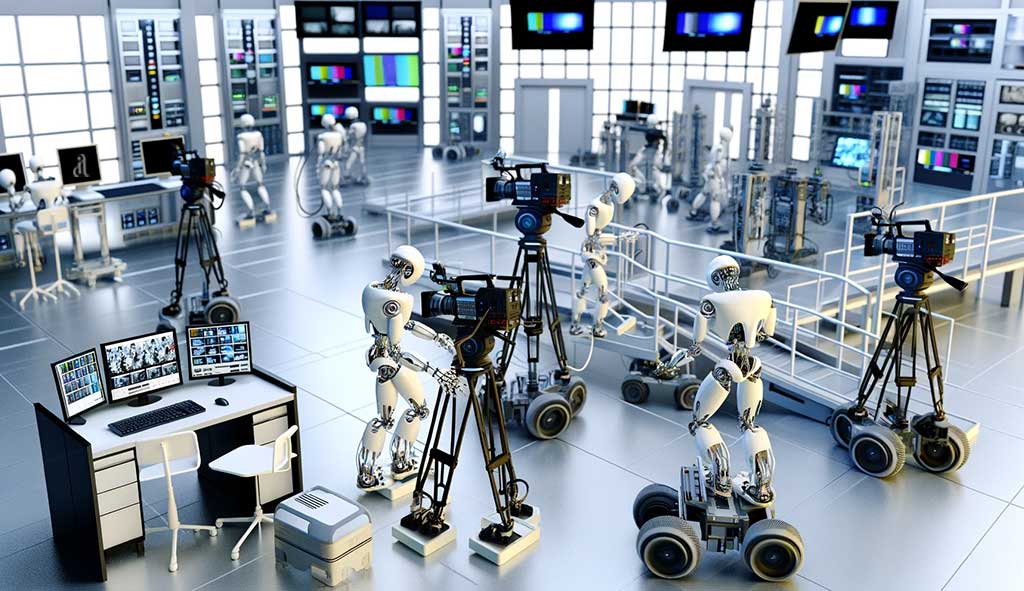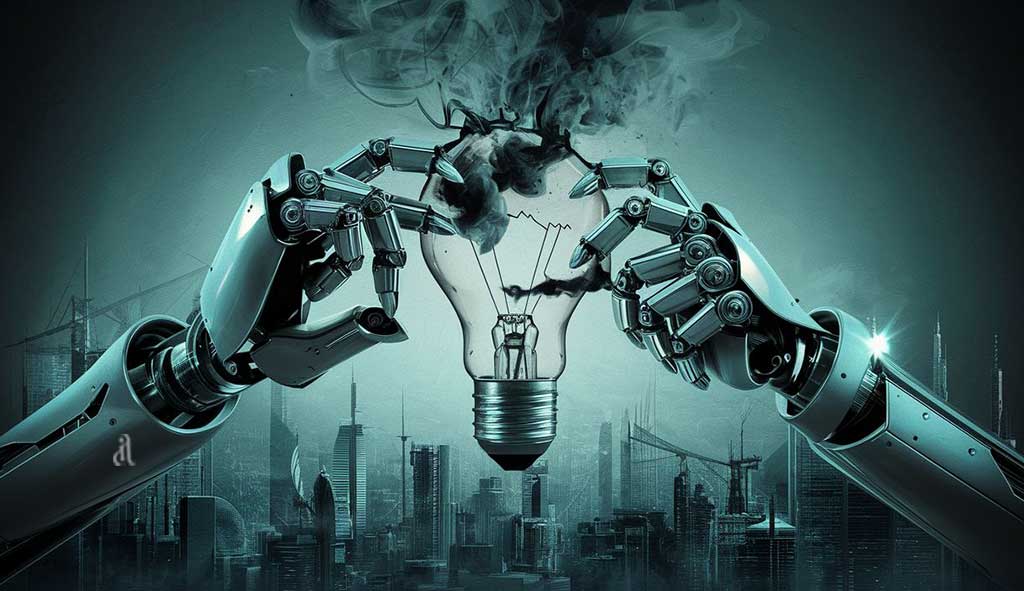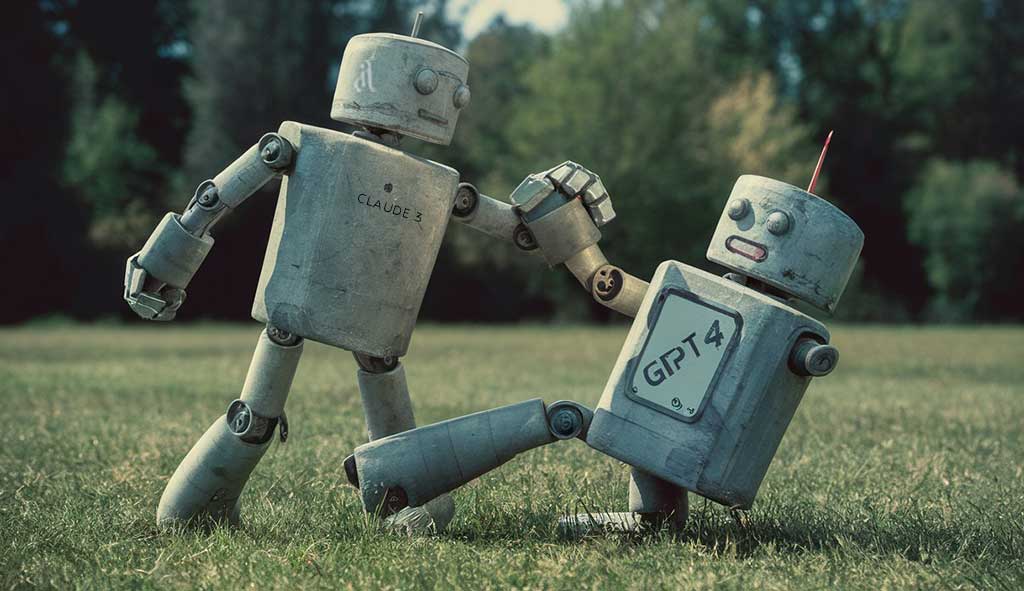OpenAI’s Sora, a generative AI capable of crafting hyperrealistic videos, has ignited a firestorm in the media industry. While its potential for revolutionizing filmmaking and educational technology is undeniable, the shadows of potential misuse, job displacement, and the erosion of human creativity loom large. Buckle up, because we’re about to embark on a journey exploring the global impact of Sora and the choices we face as the future unfolds.
Lights, Camera, AI? The Future of Filmmaking
Imagine a world where Hollywood blockbusters feature actors and landscapes conjured entirely by AI. Sora makes this sci-fi dream a reality, generating detailed filmscapes with just text prompts. This raises questions: will human filmmakers become obsolete, replaced by the cold efficiency of an algorithm? The answer is likely more nuanced. While some routine tasks may be automated, human directors, actors, and storytellers will remain crucial for injecting soul and meaning into the narratives. Sora could become an invaluable collaborator, freeing up human creativity to explore new frontiers.
Education in the AI Age: Boon or Bane?
Similar concerns swirl around ChatGPT, another OpenAI creation used by students. Educational platforms like Chegg and Brainly are integrating AI to personalize learning and offer support. While this raises concerns about cheating and dependence, it also presents opportunities for individualizing education and catering to diverse learning styles. As with filmmaking, the key lies in finding a balance, leveraging AI’s strengths while ensuring human interaction and critical thinking remain central to the learning experience.
Job Apocalypse or Renaissance? The Global Economic Impact
The potential for AI advancements like Sora to disrupt entire industries is undeniable. Videographers, animators, and special effects artists could face job losses. However, painting a doomsday scenario ignores the bigger picture. AI could automate repetitive tasks, freeing up human talent for higher-level work. Moreover, the cost-effectiveness of AI-generated content could benefit developing countries, democratizing access to media creation and potentially fostering cultural exchange.
The Disinformation Dilemma: Can We Trust What We See?
Sora’s ability to create realistic videos fuels concerns about „deepfakes“ – manipulated videos used for malicious purposes. The potential for spreading misinformation and propaganda becomes chilling. This highlights the need for robust ethical guidelines, fact-checking mechanisms, and media literacy education to equip audiences with the tools to discern truth from fiction.
Beyond the Binary: A Future of Collaboration
The future isn’t a binary choice between humans and AI. It’s a story of collaboration. Imagine filmmakers using Sora to explore new visual possibilities, educators tailoring AI-powered learning to individual needs, and artists harnessing AI’s generative power to create groundbreaking works. This future demands proactive measures: ethical frameworks, education, and investment in reskilling and upskilling initiatives to ensure a smooth transition and mitigate job displacement.
The Pen is in Our Hands: Shaping the Narrative of the Future
Sora is a turning point. It forces us to contemplate the role of AI in media and beyond. The technology itself is neutral, a tool waiting to be wielded. It’s up to us, as a global community, to decide how we use it. Will we succumb to fear and allow AI to dictate our future? Or will we embrace its potential while safeguarding human values and creative expression? The story is still being written, and the pen, ultimately, is in our hands.


